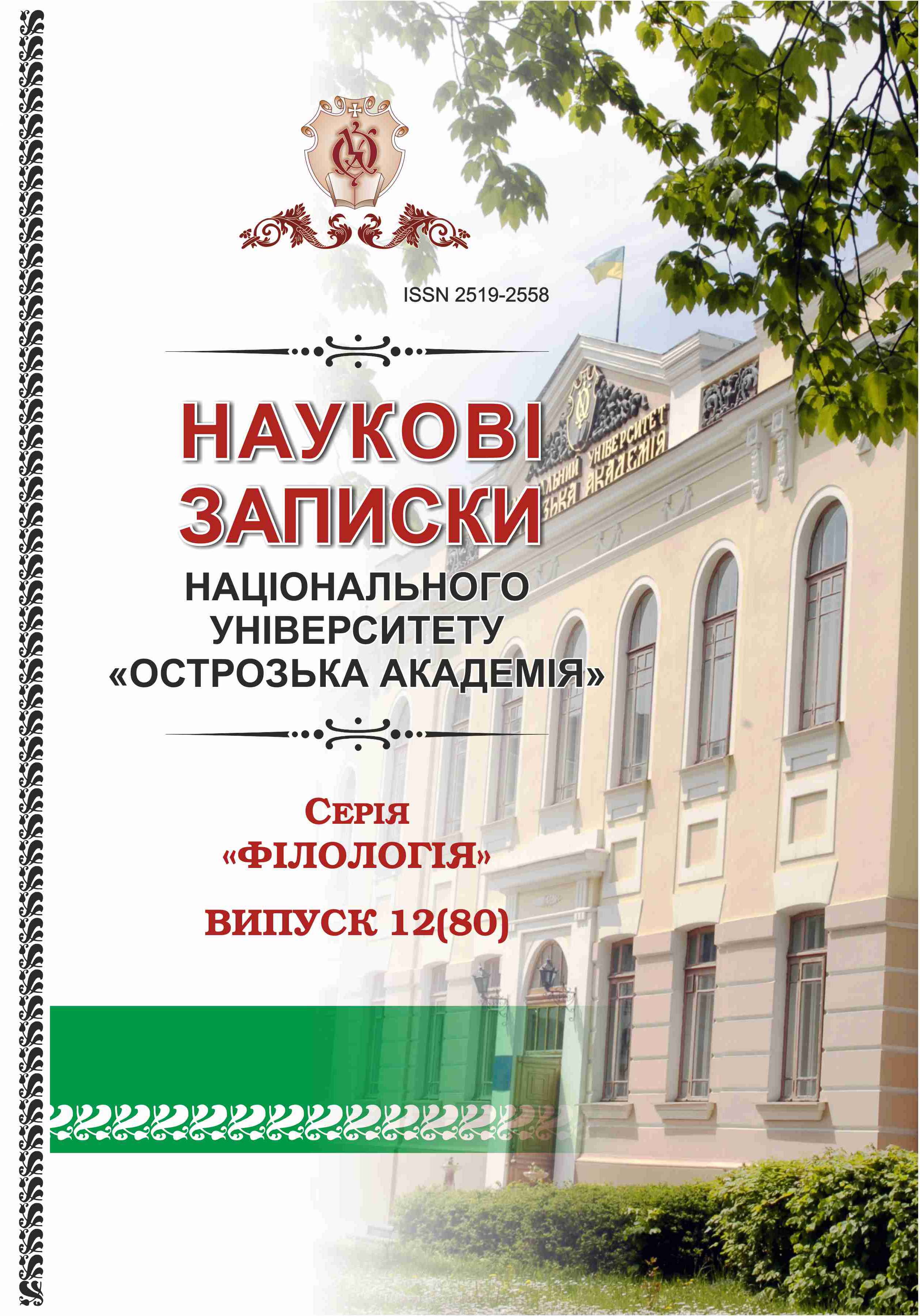ELEMENTS OF TEACHING INTERCULTURAL COMMUNICATION AT THE ENGLISH CLASSES FOR FUTURE INTERPRETERS
Keywords:
intercultural communication, interpreters, professional activity, communicative competence, ethicsAbstract
The article deals with the intercultural communication that takes place in the context of culturally determined differences in the communicative competence of its participants, that these differences significantly influence the success or failure of a communicative event. The authors claim that intercultural communication should become concrete, visible, tangible in real communication situations and ensure the implementation of complex skills and abilities formed in a foreign language that are aimed at adequate communication with native speakers of a foreign language, both at home and abroad. It has been stated that it is not only about general humanitarian, but also about professional intercultural communication.
It has also been highlighted that in the intercultural communication, the problem of ethics acquires special significance, since there is an interaction between representatives of different cultures, and each culture, of course, prescribes its own ethical norms and rules. An objective difficulty is represented by the fact that people belong to different nationalities, communicate in different languages, profess different religions; they are guided by different values, beliefs, norms prescribed by this culture, and have different expectations.

